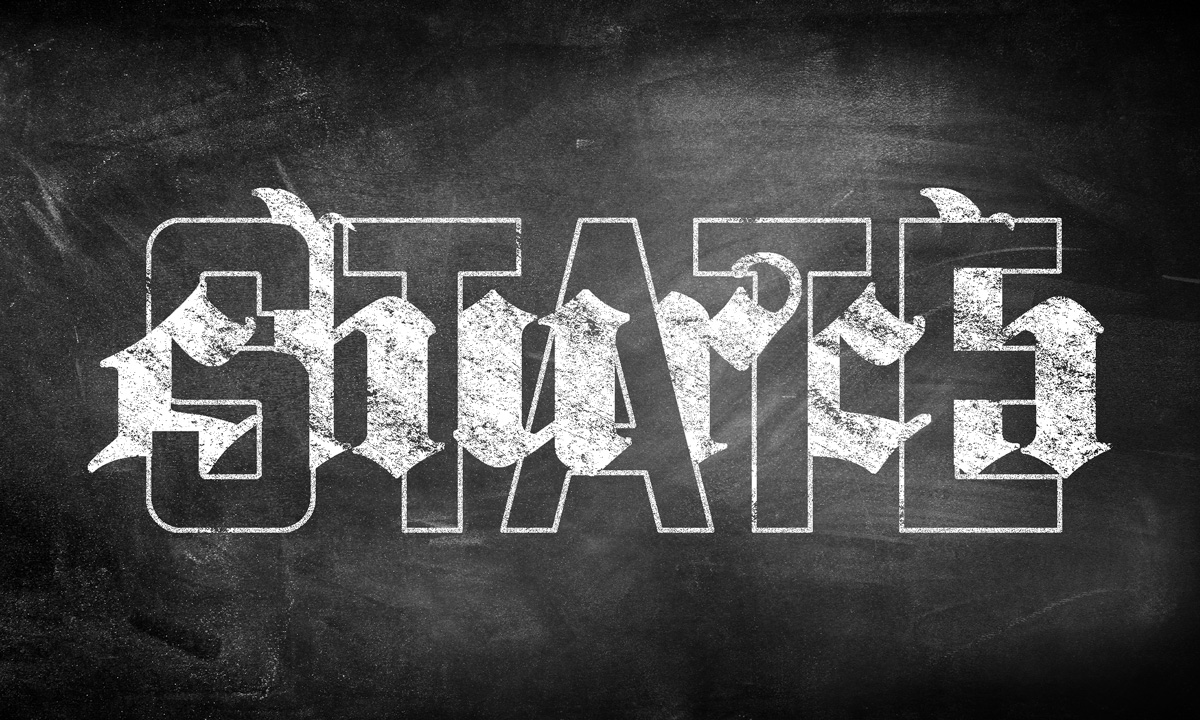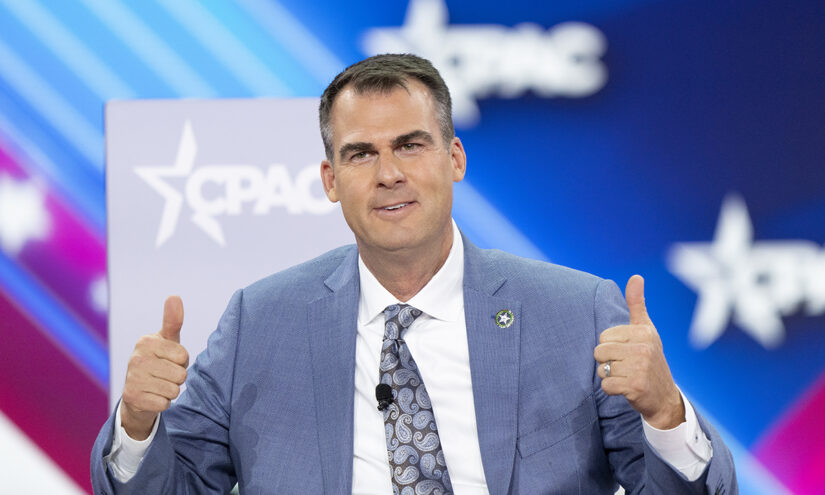Oklahoma Board Sidesteps Final Decision on Religious Charter School
In closely-watched church-state battle, panel voted down initial application, seeking revisions in 30 days.

Get stories like this delivered straight to your inbox. Sign up for The 74 Newsletter
The question of whether Oklahoma will approve the nation’s first explicitly religious charter school remains open for now, though advocates on both sides are promising lawsuits no matter which way the contentious issue is resolved.
“It will go to [the] courts to ultimately decide,” Robert Franklin, chairman of the five-member Statewide Virtual Charter School Board, said during a two-hour meeting Tuesday.
The board unanimously turned down the application from the Archdiocese of Oklahoma City to open the St. Isidore of Seville Catholic Virtual School, giving them 30 days to revise their plan. Its remaining questions largely sidestep the church-state issues that have galvanized the nation’s attention. Instead, they deal primarily with more basic K-12 issues, like special education services, internet for students in rural areas and academics.
Brett Farley, executive director of the Catholic Conference of Oklahoma, a policy organization, said most of those areas have already been addressed and won’t take 30 days to resolve. He has avoided giving a firm answer on whether the school would allow LGBTQ students and staff. If the board ultimately rejects the application, the archdiocese can then appeal to the state board of education.
“This is far from over,” he said, adding that the request for revisions is typical.
The attention to the vote comes not just from those who argue the proposal would violate the First Amendment, but also from the broader charter community. Opponents say that as public schools, charters can’t teach religion. A charter, they say, is not the same as a private, religious school that students attend with a voucher because, in the latter case, the parent, not the government, makes that choice. Supporters of the concept contend that states shouldn’t discriminate against religious organizations and that granting the charter would lead to greater accountability for religious schools accepting public funds.
‘A snowball’
The vote followed public comments from six opponents of the application, including religious leaders. They argued that approval would compromise religious liberty and eventually lead to brick-and-mortar religious charters.
“We’re going to watch this decision roll down a hill, and it’ll turn into a snowball that’s so big it can’t be controlled anymore,” said Rev. Shannon Fleck, executive director of the Oklahoma Conference of Churches.
Gov. Kevin Stitt supports the application. But in February, newly elected Attorney General Gentner Drummond withdrew an opinion from his predecessor indicating the board would be on solid legal ground if they approved it.

During the meeting, no member of the public backed the proposal. State Superintendent Ryan Walters, a non-voting member of the board, branded opponents “radical leftists” whose “hatred for the Catholic Church blinds them from doing what’s best for kids.”
Franklin rejected that view.
“No disrespect to you,” he said, “but I didn’t hear a radical position, nor did I hear an attack to the Catholic Church.”
Deputy Attorney General Niki Batt, counsel to the board, spelled out that current law states charter schools are nonsectarian and that public schools must be free from religious control. She said she understood how the members could be confused by the conflicting opinions.
Board Member Scott Strawn suggested there’s “more gray” on this issue than Batt advised and wondered if he could be personally sued “even if there’s a good faith disagreement about unsettled law.”
Franklin noted that members are free to seek individual legal representation.
“Each of us [has] to make our own decisions,” he said.
Phil Bacharach, spokesman for Drummond’s office, said “the attorney general naturally would defend the state and the constitution.”
Drummond hopes the U.S. Supreme Court will agree to hear a North Carolina case, Charter Day School v. Peltier, which addresses whether charter schools are public or private, and could fundamentally alter the choice landscape in the U.S. The court is currently waiting on the Justice Department to weigh in on the case, which is expected this spring.
In a statement, Rachel Laser, president and CEO of Americans United for Separation of Church and State — one of the organizations that has threatened to sue if the board grants the charter — said officials made the right call — for now. But the organization remains concerned the board will ultimately approve it.
“It’s hard to think of a clearer violation of the religious freedom of Oklahoma taxpayers and public-school families than the state establishing the nation’s first religious public charter school,” she said. “This would be a sea change for American democracy.”
Get stories like these delivered straight to your inbox. Sign up for The 74 Newsletter

;)
